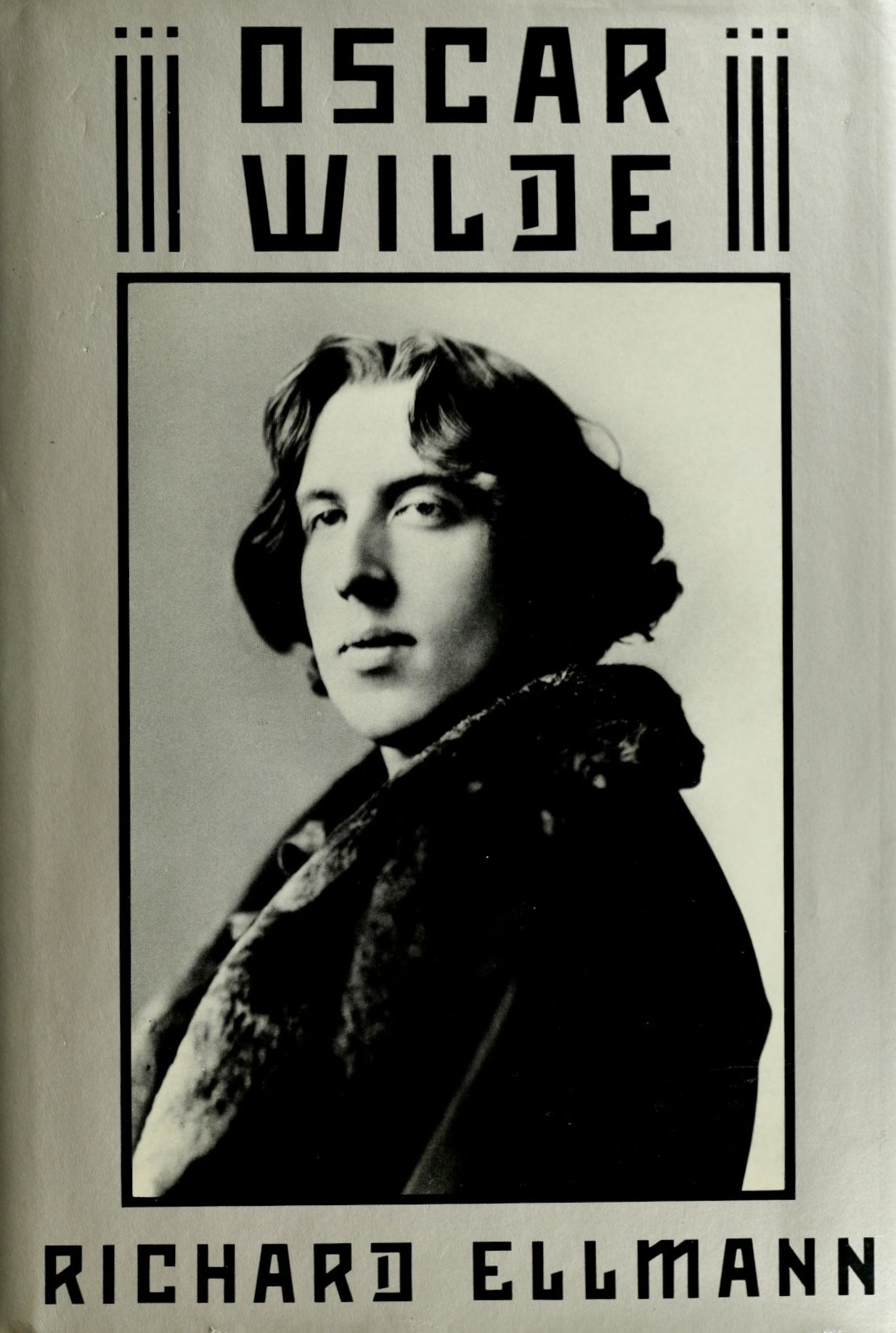Hardcover, 680 pages
English language
Published Feb. 9, 1988 by Alfred A. Knopf.

Hardcover, 680 pages
English language
Published Feb. 9, 1988 by Alfred A. Knopf.
'How ridiculous of you to suppose that anyone, least of all my dear mother, would christen me "plain Oscar:- he once replied to someone who so supposed. started as Oscar Fingal O'Flahertie Wills Wilde.' Indeed nothing about Oscar Wilde was 'plain.' And in this most pyrotechnic, en-chanting, and extravagantly outrageous of nineteenth-century literary men, Richard Ellmann, one of the great biographers of our time, has found his most compelling protagonist.
Ellmann's Oscar Wilde has been almost twenty years in work, and it will stand, like his universally admired James Joyce, as the definitive life. The book's emotional resonance, its riches of authentic color and conversation, and the subtlety of its critical illuminations give darling life to this portrait of the complex man, the charmer, the great playwright, the daring champion of the primacy of art. And always we sense how he was doomed by the very nature of his powerful …
'How ridiculous of you to suppose that anyone, least of all my dear mother, would christen me "plain Oscar:- he once replied to someone who so supposed. started as Oscar Fingal O'Flahertie Wills Wilde.' Indeed nothing about Oscar Wilde was 'plain.' And in this most pyrotechnic, en-chanting, and extravagantly outrageous of nineteenth-century literary men, Richard Ellmann, one of the great biographers of our time, has found his most compelling protagonist.
Ellmann's Oscar Wilde has been almost twenty years in work, and it will stand, like his universally admired James Joyce, as the definitive life. The book's emotional resonance, its riches of authentic color and conversation, and the subtlety of its critical illuminations give darling life to this portrait of the complex man, the charmer, the great playwright, the daring champion of the primacy of art. And always we sense how he was doomed by the very nature of his powerful intellect, and by that Wildean playfulness that so easily became teasing, to goad the forces of convention into a lethal attack on him at the very moment when he was most in command of his art and—with the triumph of The Importance of Being Earnest—of his audience.